Maria Varick Joralemon
There is a tale to tell, a chilling tale of fierce, marauding redcoats, of dark-of-night escapes in the bitter cold of Winter and a remarkable woman who fed an army. The tale is told to us by one of our own fellow citizens who lived here through these events during the Revolutionary War. Here, in her own words, in just the way she wanted us to read it, is the story of Maria Joralemon:
I am Maria Varick Joralemon, of Holland ancestry, wife of Theunis Joralemon, of Belleville, New Jersey, also of Holland ancestry. My brother was John Varick, who suffered a long imprisonment in the City Hall Park Jail, New York City, because he had a son who was an officer of rank in the American Army. My brother never recovered from these hardships, and remained an invalid the rest of his life. But we both never tired of hearing about the adventures of Richard Varick, his son : -
Dick was Secretary to General Schuyler, Inspector General at West Point, and a member of General Washington's Military Family. I could fill a book with the tales the lad would tell us, when he came home for a few days leave.
I am Maria Varick Joralemon, of Holland ancestry, wife of Theunis Joralemon, of Belleville, New Jersey, also of Holland ancestry. My brother was John Varick, who suffered a long imprisonment in the City Hall Park Jail, New York City, because he had a son who was an officer of rank in the American Army. My brother never recovered from these hardships, and remained an invalid the rest of his life. But we both never tired of hearing about the adventures of Richard Varick, his son : -
Dick was Secretary to General Schuyler, Inspector General at West Point, and a member of General Washington's Military Family. I could fill a book with the tales the lad would tell us, when he came home for a few days leave.
"Aunt Maria", he would wheedle, trying to put his arm around my waist - and please notice, I just said "trying", because he never could succeed.
"Aunt Maria, if I tell you another adventure we had the other night, over in the big city, will you give me some more nut strudel, and another mug of ale?"
Ah - I can just see us now - all sitting around the blazing fire, in the old Joralemon house in Belleville. It was a beautiful house, all built of stone, standing on a high terrace surrounded by trees and shrubbery. A large orchard flourished on the eastern side, while white farm buildings and vegetable gardens were on the western side. The front of the house was glowing with flowers from the earliest Spring, when tulips swayed in the breeze, until late Fall, when the golden and crimson chrysanthemums made the air fragrant with their spicy odor. From the verandas which stretched in two tiers across the front of the mansion, you could see the blue waters of the Passaic River, and the low hills of New York. There was lovely furniture in that house - my husband's family had brought a great deal of it from Holland, and my brother had given me quantities of the old Varick mahogany, which had come from Holland also. I well remember the old fashioned bureau, hand carved and high and broad, which one day some fierce British soldiers wrecked and hacked with their bayonets. But that was only one example of their many acts of vandalism. It makes my blood boil to think of it. But, as Theunis, my dear husband, who is a mild man and a peace lover, says to me:
"Calm thyself, Maria, and attend to thy maids and thy kitchen."
But, I still do feel that terrible thrill of fear that I experienced on a bitterly cold night in December. We were awakened by a thundering noise on the door, and voices shouting :
"Make haste, make haste, the British are coming."
Oh, such a panic we were in ! Up we got and packed our things as quickly as possible, and harnessing four horses to the big sledge, we hastened over the snow for miles and miles until we reached the American Camp at Morristown. There we stayed in safety for over a week.
But, beside all these terrible memories , there is a very pleasing one that I shall never forget.
One beautiful winter's day, when the sun was shining clear and bright and the first warmth of coming Spring was in the air, my husband hastened to me with the astounding news that three hundred American soldiers and officers were marching to our house for rest and food and shelter. Three hundred !! I closed my eyes a moment, drew in a deep breath, squared my shoulders like this, opened my eyes and said :
"Very good, Theunis, everything will be ready for those three hundred dear American boys who are fighting so hard that we can keep our beautiful homes and so that we can live our free lives in this beautiful land. All will be ready for them."
My husband silently embraced me, and then I started for the kitchen and the smoke house - the pantries and the store rooms.
When the soldiers arrived, I was so sorry for them, they looked so weary and bedraggled. The roads were icy and snowy and their shoes and boots were in a dreadful condition. The young officers were in scarcely any better attire, and all were cold, tired and hungry. We welcomed them all. I so wanted to gather them all in my arms and kiss them, for they all needed a mother's watchful care. But we did all we could for them, and soon the tired soldiers were asleep in the big hay mews, and the officers were made comfortable in the guest rooms.
Then it was that my daughters and my daughters-in-law, and my servants and I worked like beavers. Great stores of potatoes, apples, winter rye, wheat and corn were brought out, as well as whole muttons and geese and ducks for roasting and hams ready for slicing for the tables; jugs of cider and ale were filled and placed in readiness. Tables were hurriedly laid out in the big room, even in the handsome best room, which had not been opened all winter. Blazing fires soon took the chill off the unused rooms, and by the time that the dear lads were rested, we were ready for them.
A finer sight I never saw, and it is one that I want to bring to you as a lasting memory. For to feed the hungry and help the needy are the good deeds that the dear Lord asks of us, and for those deeds He promises His Blessing. And we have been blessed - we, Theunis and Maria Joralemon, and our children and our children's children. What more can be desired ?
So with deep happiness of a thankful heart, I make my curtsy, and bid you all goodbye. Many women of my time have done more heroic deeds, many have made great and noble sacrifices, but of me it can be remembered - Maria Varick Joralemon fed three hundred American soldiers at one meal, and would have fed three hundred more if they had marched that day through Belleville.
-
It should be noted that Maria Joralemon refers to the town as "Belleville" not the "Village of Second River" as the town was known during the Revolutionary War. Not a bit odd, since, after all, it was her generation that, fourteen years after the war ended, re-named the town they had fought for as the "Beautiful Village." Maria Joralemon, as she offers us her recollections in later days, appears to be allowing civic pride to overrule any "good-old-days" sentiments.

Labels: Belleville NJ, Joralemon, Revolutionary War, Second River







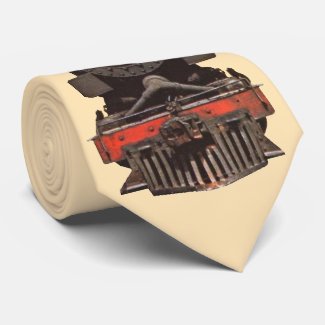
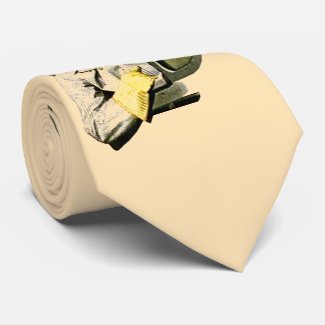

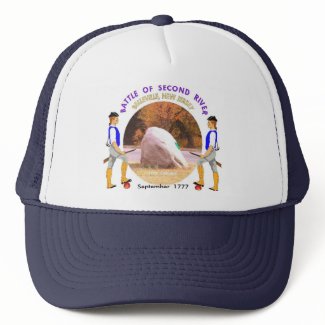






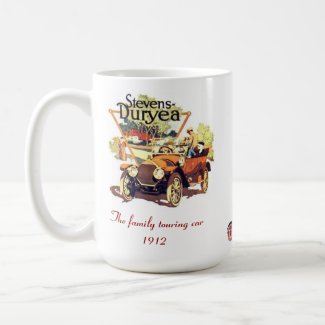

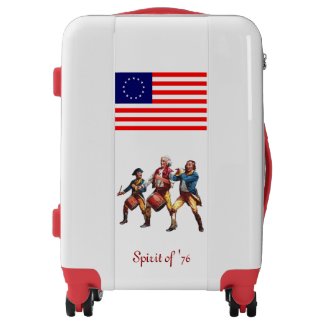
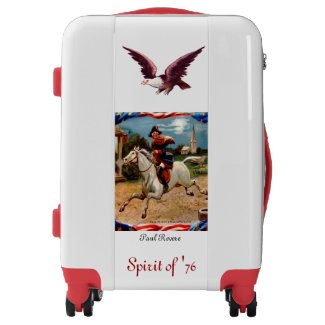
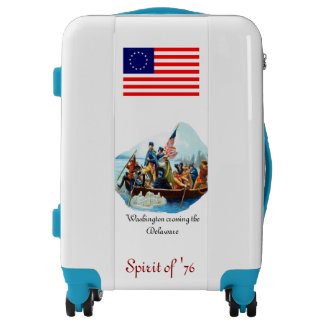

<< Home